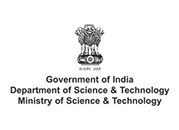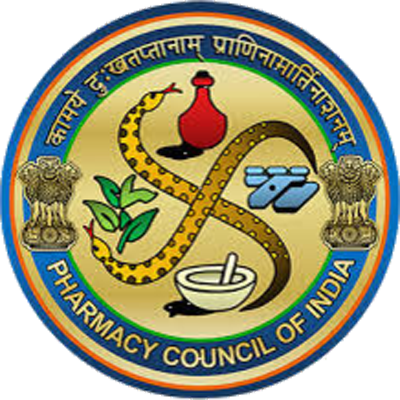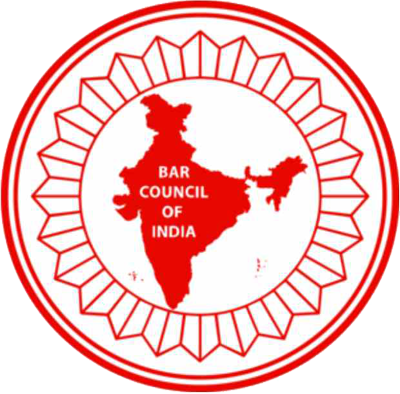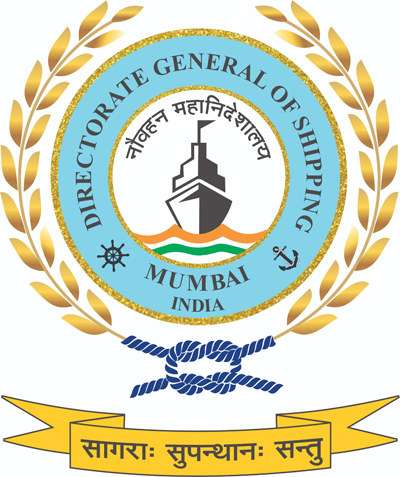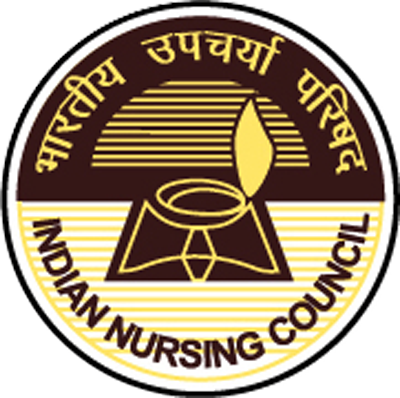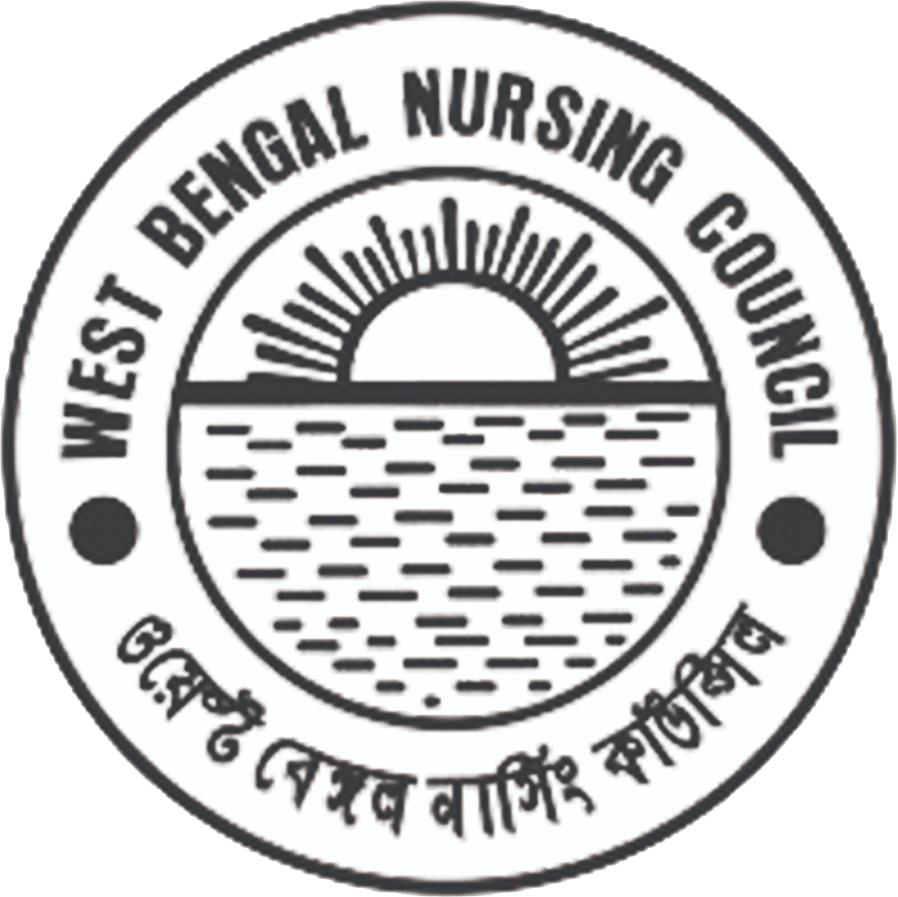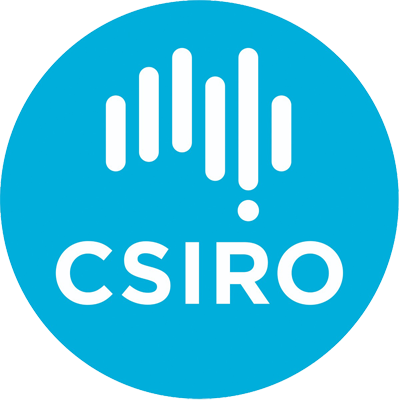A Bachelor of Travel and Tourism Administration can open up various career opportunities in the growing tourism and hospitality industry. Here are some potential career prospects:
1. Tourism Manager/Director: Responsible for managing all aspects of a tourism organization or department within a larger organization. This includes overseeing staff, marketing, budgeting, and ensuring customer satisfaction.
2. Tourism Marketing Manager: Develops and implements marketing strategies to promote destinations, attractions, or tourism services. This may involve digital marketing, advertising campaigns, and collaboration with travel agencies or tour operators.
3. Event Planner: Organizes and coordinates events such as conferences, meetings, weddings, or festivals within the tourism industry. This role requires attention to detail, organization skills, and the ability to work under pressure.
4. Travel Agent: Assists individuals or organizations in planning and booking trips, including flights, accommodations, transportation, and activities. Travel agents provide advice, make reservations, and ensure clients have a smooth travel experience.
5. Destination Manager: Manages tourism destinations such as resorts, theme parks, or heritage sites. Responsibilities may include visitor services, site maintenance, and strategic planning for sustainable tourism development.
6. Hotel Manager: Oversees the day-to-day operations of a hotel, including guest services, staff management, and facility maintenance. Hotel managers strive to create a positive guest experience and ensure profitability.
7. Cruise Director: Plans and coordinates activities and entertainment for passengers aboard cruise ships. This role involves managing onboard staff, organizing excursions, and ensuring passenger satisfaction throughout the voyage.
8. Travel Writer/Blogger: Creates content about travel destinations, experiences, and tips for online publications, blogs, or travel magazines. This career path combines a passion for travel with strong writing skills and the ability to engage an audience.
9. Airline Operations Manager: Manages airline operations, including scheduling, aircraft maintenance, and customer service. This role requires knowledge of aviation regulations, safety procedures, and efficient operational practices.
10. Tourism Development Officer: Works for government agencies, non-profit organizations, or private companies to develop and promote tourism initiatives. This may involve conducting market research, coordinating infrastructure projects, and collaborating with stakeholders to enhance tourism opportunities.
These are just a few examples of the diverse career paths available to graduates with a Bachelor of Travel and Tourism Administration. Depending on individual interests, skills, and specialization areas, there are many opportunities for growth and advancement within the dynamic tourism industry. Additionally, with the increasing importance of sustainable tourism and cultural exchange, there is a growing demand for professionals who can contribute to responsible tourism development and management.




